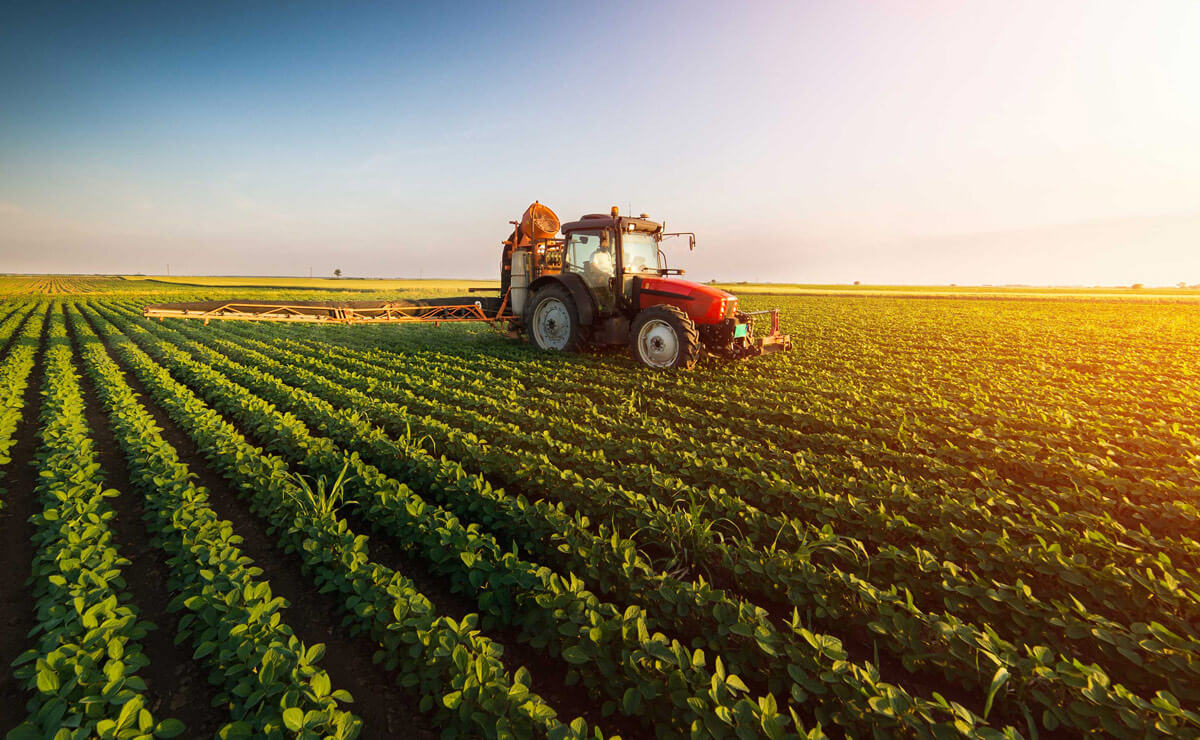By Newton Mambande
HARARE – AS Zimbabwe approaches the 2025/26 summer season, it is imperative that we prioritize food security and nutrition to ensure the well-being of our citizens. Agricultural economists and food security experts are urging the government to take bold steps to support our farmers and enhance national food production.
Subsidizing Key Crops
The government should heavily subsidize essential crops such as maize, soya beans, sunflower oilseed, and groundnuts. This can be achieved by distributing 100% subsidized farming inputs to smallholder farmers in communal lands and resettlement schemes, including formerly commercial farming areas. This initiative will not only boost crop yields but also encourage the adoption of climate-resilient practices.
Supporting Commercial Farmers
For commercial farmers, the government should act as a guarantor for loans and grants for agribusiness. This will enable them to access capital to invest in their farms, creating a more stable food supply chain. Furthermore, commercial farmers should be encouraged to insure their crops to mitigate risks associated with climate change and adverse weather.
Minimizing Partisan Politics
To ensure the effective implementation of food security policies, it is crucial to minimize partisan politics. Government political leaders—such as councilors, members of parliament, and party officials—should not intervene in policy implementation. Instead, traditional leaders and civil servants from the Ministries of Agriculture, Social Welfare, and Local Government, supported by NGOs and civil society, should take the lead.
Reforming the Grain Marketing Board
The Grain Marketing Board should be transformed into a regulatory body, similar to the Tobacco Industry and Marketing Board. Its primary function should be to monitor and evaluate crop production while ensuring fair and timely payment systems for farmers. This reform will protect farmers’ interests and promote a stable and efficient food market.
Additional Recommendations
- Promote Climate-Resilient Crops: Encourage farmers to adopt drought-resistant crops like finger millet, pearl millet, and sorghum, which are better suited to Zimbabwe’s climate.
- Invest in Irrigation Infrastructure: Develop and maintain irrigation systems to support crop production and reduce reliance on rain-fed agriculture.
- Enhance Extension Services: Provide farmers with access to expert advice, training, and resources to improve crop yields and adopt best practices.
- Foster Private-Sector Partnerships: Encourage collaboration between government agencies, private sector companies, and civil society organizations to support agricultural development.
- Monitor and Evaluate Progress: Establish a robust system to track progress, identify areas for improvement, and make data-driven decisions.
By implementing these measures, Zimbabwe can build a more resilient food system, ensuring all citizens have access to nutritious food and a stable livelihood. The time to act is now. Let’s work together to secure a food-secure future for our nation.
Newton Mambande is an entrepreneur and researcher. He has published scientific research in academic journals. He is reachable via email at newtonmunod@gmail.com or by WhatsApp/Call at +263773411103.
Discover more from Etimes
Subscribe to get the latest posts sent to your email.





